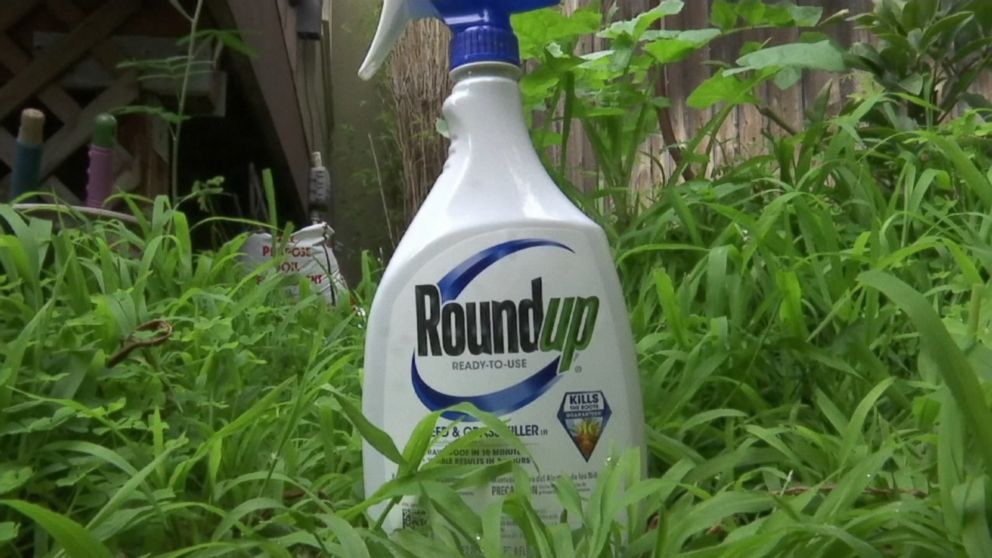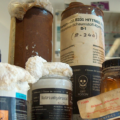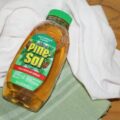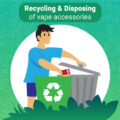Roundup is a brand-name herbicide that contains the active ingredient glyphosate. Monsanto, an American agricultural chemical company, first sold the herbicide commercially in 1974. It produced a wide range of weed killers and other products under the Roundup brand. German drug and chemical giant Bayer acquired Monsanto in 2018 and began phasing out the Monsanto company name. But Bayer continues to make and market Roundup.
Originally developed for large-scale farming operations, Roundup is now available in home and garden versions and has become a popular household weed killer among consumers. Roundup was a revolutionary new herbicide when it hit the market in the 1970s. It and other pesticides that contain the active ingredient glyphosate are the most widely used herbicides in the world. Recent research has produced conflicting evidence as to whether these pesticides cause cancer in people exposed to them.
In 2015, a United Nations agency listed the active ingredient in Roundup as “probably carcinogenic.” The announcement set off a controversy over whether a link between glyphosate and cancer exists. Courts and regulatory agencies have had conflicting reactions to the connection claim.
In 2017, the United States Environmental Protection Agency issued a draft report that concluded glyphosate is “not likely” to cause cancer in humans. The EPA is still reviewing data on the herbicide to determine whether it is a harmful product. California courts have taken up lawsuits over glyphosate exposure, and a jury in 2018 awarded a multimillion-dollar verdict to a man who blamed the chemical for his cancer.
Never Dump Hazardous Chemicals Down the Drain
While dumping hazardous chemicals down the drain may not present an immediate concern to you, it can endanger the environment as well as the lives of others. It’s important to remember that just because a substance is a liquid, does not mean it can go down the drain or be flushed down the toilet.
In order to safely dispose of pesticides yourself, it’s important to examine individual labels and do your research before throwing them out. When disposing of pesticides yourself, it’s also important to make sure that you are not at risk of contaminating your water system, and that you are taking precautions to ensure that these hazardous chemicals do not touch your skin.
How To Dispose Of Roundup Safely
The National Pesticide Information Center gives their tips on disposing of pesticides in a safe manner by following instructions:
- Never dispose of unwanted product in drains, sinks, lavatories, watercourses or ditches.
- If you do have unwanted garden care chemicals, you will need to dispose of them through the local waste authority.
- Empty ready to use containers, these can now be placed in household recycling.
- Empty concentrated containers (i.e. requiring dilution for use) should be rinsed three times, adding the washings to your final spray solution and then disposed of in general household waste.
- Containers that have held concentrated product are NOT suitable for recycling.
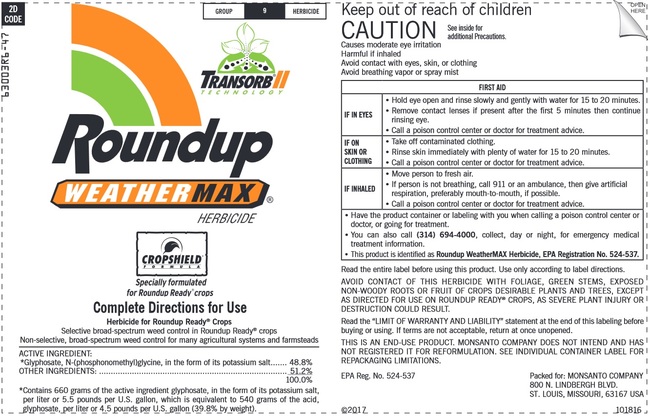
Schedule a Pickup
If you are still unsure of how to dispose of Roundup or any other hazardous chemicals, you should contact your local waste company directly and enquire as to the best way to go about it. It’s possible that they may offer a pickup service for hazardous materials, in order to ensure that they are disposed of correctly.
Disposing containers with obsolete product
Although Roundup products have a very long storage stability, one may find very old product that is no longer clearly identifiable. Such container should be delivered to the local area where household chemical waste is recovered.
Important Information
Products containing glyphosate may cause eye or skin irritation. People who breathed in spray mist from products containing glyphosate felt irritation in their nose and throat. Swallowing products with glyphosate can cause increased saliva, burns in the mouth and throat, nausea, vomiting, and diarrhea.

